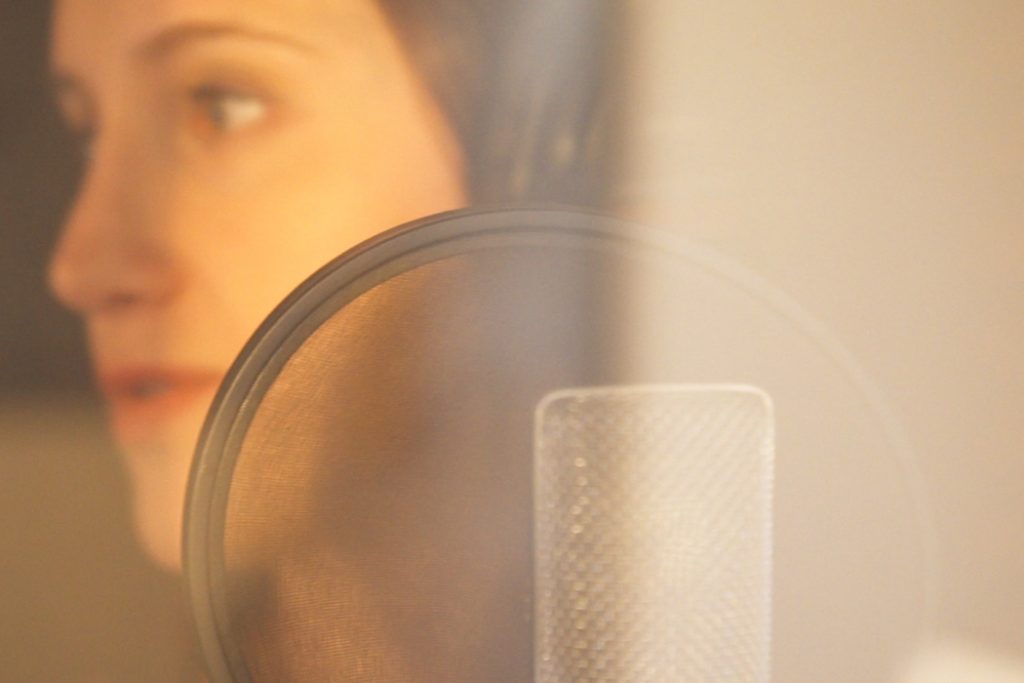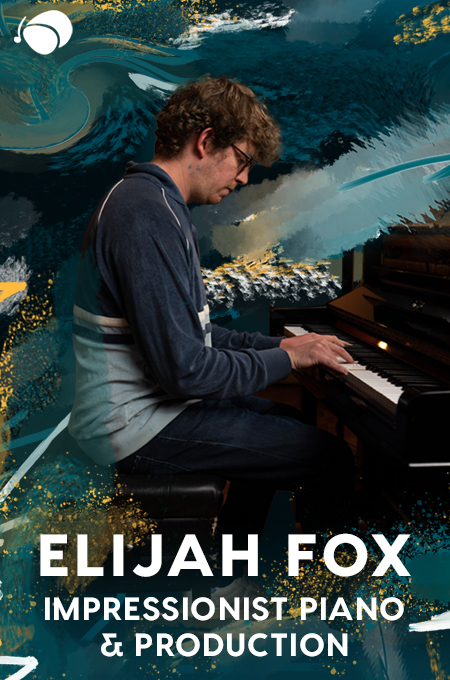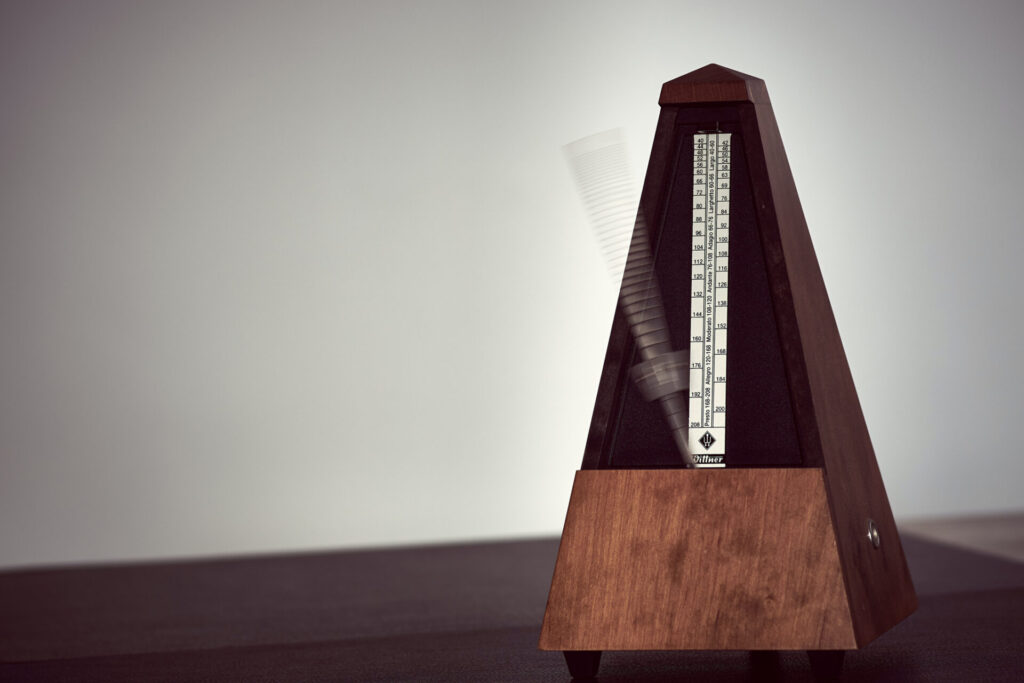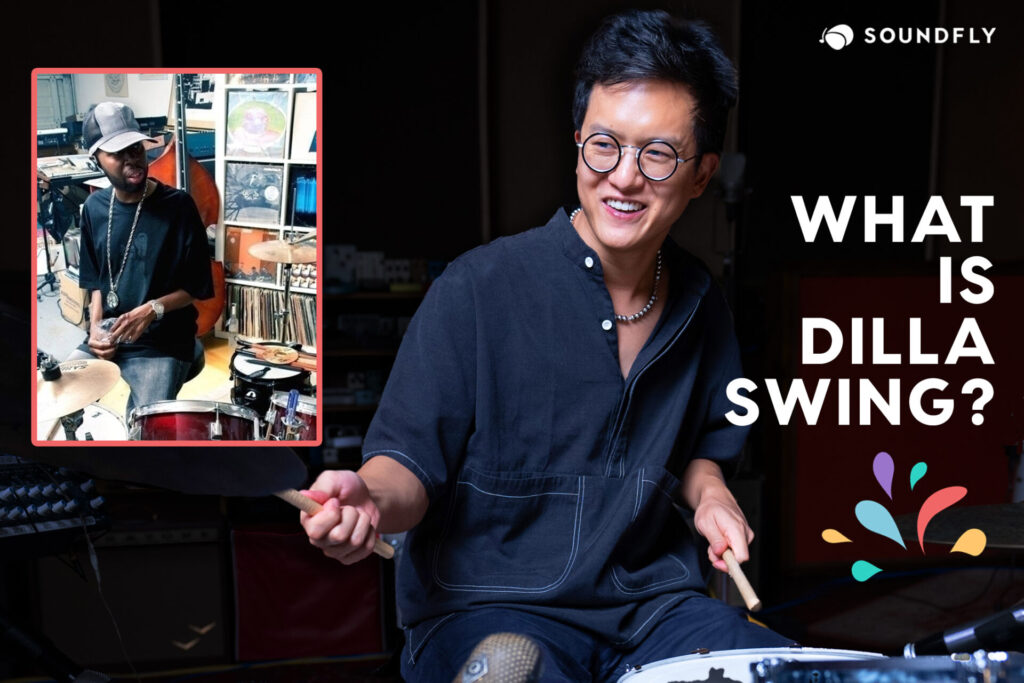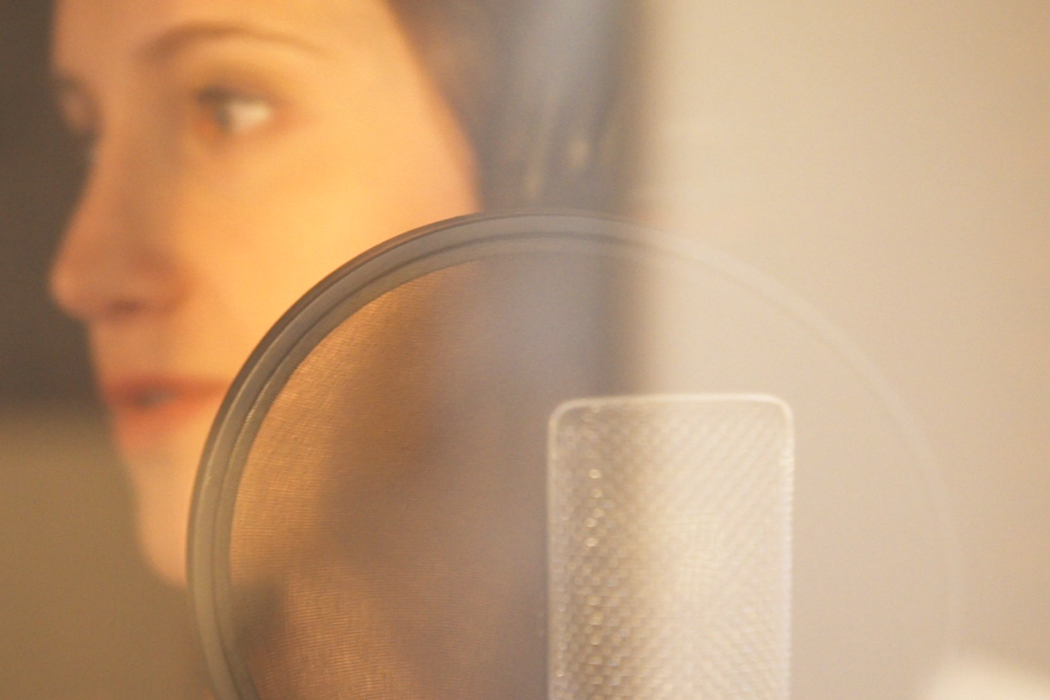
+ Welcome to Soundfly! We help curious musicians meet their goals with creative online courses. Whatever you want to learn, whenever you need to learn it. Subscribe now to start learning on the ’Fly.
Performing live is one of the most rewarding parts of being a musician (on any level), but for some, playing live in front of strangers leads to a crushing sense of anxiety and despair. Believe it or not, the truth is that musicians of every age and experience level are at risk of being impacted by performance anxiety. Some develop this problem early on in their musical training and just can’t shake it, while others run into it seemingly out of nowhere years into their careers.
Since every musician’s relationship with performing, and performance anxiety is different, there is no catch-all solution for dealing with it. However, there are some common approaches we can use to help stave off show-related nerves before getting on stage in the short-term.
Before we jump in though, if you’re experiencing severe anxiety, performance-related or otherwise, take this opportunity to look into seeing a licensed counselor or therapist. Even a single session can do wonders for your state of mental health.
Prepare as much as humanly possible.
Let’s start with the easy stuff.
If the source of your live show worries begins and ends with preparation, do everything you can to set yourself up for situations in which you’re absolutely familiar. Only play songs that you could basically run through in your sleep, and if you’ve worked up a certain level of confidence, only then venture into the new material. If you’ve practiced your set over and over again to the point of complete competence and you still feel anxious, it’s likely that there are deeper issues to address than ones related to your musical talent and training.
Proceed cautiously with new set additions and make sure you can pull them off.
Artists often get themselves into trouble when they add big last-minute changes to their sets in hopes of wowing the crowd — new songs, complex timed light shows, impromptu pyrotechnics. You might be 100% confident in your set, but that security quickly dwindles when new, untested elements are added into shows without adequate preparation.
Instead of avoiding additional performance assets altogether, it’s best to roll them out gradually on real stages whenever possible. A crucial step towards addressing performance anxiety is detecting and removing unnecessary risk. If a new set addition is freaking you out, cut it out and introduce it to your audience when you’re ready.
Focus only on what you can control.
I hate to tell you this, but there actually is a chance that a meteor will fall right down on your venue while you’re playing in it.
It’s extremely unlikely this will happen, but still, it could. There’s plenty of stuff that might go wrong at your show on any given night, meteors or you know, the dreaded broken guitar string; the stage sound might be abysmal (it often is); your instruments or amps might fail (they often do); and the crowd might not like your music even if you put on a stellar performance (this happens from time to time). That’s just the nature of live music.
But that’s also what makes it so much fun to watch and play, and you’re capable of overcoming these things just like everyone else (well, maybe not a meteor but…). So here’s the thing you have to remember: If you’ve been asked to play a big, important, intimidating show, it’s safe to assume there’s some real interest in your music. If you do your best to put on a solid performance, people will acknowledge and respect you for it. In other words, you’ve already made it, now go and enjoy it!
If your anxiety is based around things you can’t control, you’re focused on the wrong things.
Instead of giving in to dread, follow your worries to their logical conclusions.
When we ask “what if xyz happens at my show” without providing a clear, detailed answer, dread and worry are only more likely to grow. When it comes to music-related performance anxiety, the vast majority of the time the worry itself is much worse than what might actually happen as a result of it coming true. So, take a moment to answer the “what ifs,” “then whats,” and “but then what ifs,” and you’ll soon realize there’s a way out of everything. It’s almost never that big of a deal.
Humans are people too.
You’re a human, you’re imperfect. We all are.
And by the way, perfection is totally overrated.
It’s inevitable that you’re going to make a mistake somewhere down the road, probably a small one every single night, and then one big one over the course of your tour or year. Big deal, barely anyone will notice a mistake or two over the course of a 40-minute set of music! Instead of being terrified at the thought of faltering on stage, approaching live music performance with honesty and excitement is your best chance at meaningfully connecting with the audience, which leads me to my final point.
Performance anxiety leads to a lot of needless personal suffering, but it also misses the larger point of giving something important to the audience. You are not your musical performance, though it’s sometimes easy to feel so invested in your musical identity that you get lost in it. Audiences almost always want you to do a great job, and they’re hoping to be entertained and inspired by your performance.
You don’t need to put on a flawless performance to do that, but you do need to be connected, invested, and prepared. Focusing on making a real connection with the audience is one of the best ways to get out of your head.
Get 1:1 coaching on your songwriting from a seasoned pro.
Soundfly’s community of mentors can help you set the right goals, pave the right path toward success, and stick to schedules and routines that you develop together, so you improve every step of the way. Tell us what you’re working on, and we’ll find the right mentor for you!
